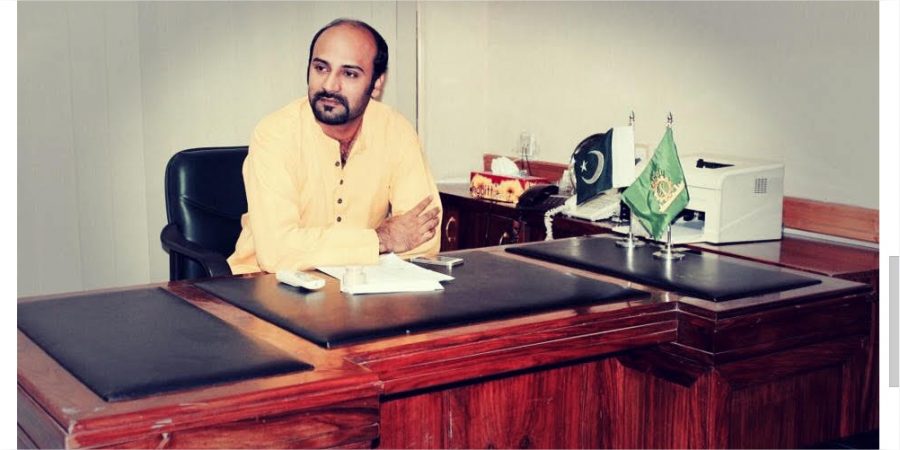‘New Delhi for dysfunctional the SAARC CCI in a real way to isolate Pakistan’s business community’

DNA
KARACHI, AUG 7 – FPCCI’s Businessmen Panel Secretary General (Federal) Ch. Ahmad Jawad said there was no use talking to India on the restoration of trade unless it restored the status of Illegal Indian Occupied Kashmir and clear its mindset for their neighbors.
Talking to newsmen, he said New Delhi even attempted to isolate us in SAARC region through SAARC apex trade body. India have started the lobbying with other member countries to dysfunctional the SAARC Chamber of Commerce and Industry in a real way because they don’t afford the presidency which relates to Pakistan for the period of two years”. he added. In this regard India Ministry of Commerce have initiated extensive working.
Jawad also told since 70 years bilateral trade was largely favoured to India which even against the wisdom of SAFTA agreement.
Indian exports continued unabated at a monthly average of $150 million while Pakistan’s decreased from $30 million to $4 million. Pakistan’s decision to suspend bilateral trade has pulled the plug on this one-way trade.
Neither Pakistan nor India is critically dependent on each other’s market, though the suspension of bilateral trade might, in the medium term, affect the consumer welfare by increasing prices of a few agricultural and other products.
As in absolute terms, India stands to lose a market of $2 billion compared with Pakistan’s loss of $0.38 billion. Pakistan’s exports of $383 million to India in 2018 constituted 1.6% of Pakistan’s global exports.
Since Pakistan’s value-added products are systematically excluded through NTBs, Pakistan’s exports to India are concentrated in a few primary and intermediate products — dried dates ($92 million), cement ($63 million), sugar ($23 million), gypsum ($19 million), sesame seed ($15 million), leather ($14 million), steel scrap ($13 million), disodium carbonate ($12 million) and surgical instruments ($11 million).
There is little dependence of Pakistan’s exports on the Indian market for these products except for dried dates, though the reliance has been reduced through an aggressive market diversification strategy since February 2019.
Though India’s level of trade restrictiveness under the Overall Trade Restrictiveness Index (47.6) is more than double the Pakistani restrictiveness (22.2), the concealed Pakistan-specific NTBs have been the most constricting. A hostile mindset (considered to be the most restrictive of the NTBs), limiting visa policies, long waiting periods at borders and, above all, the harassment of Indian importers doing business with Pakistan have greatly restricted trade.
He also told even in a recent report by the Indian Ministry of Commerce, acknowledged that Indian businessmen importing from Pakistan were subjected to surveillance by Indian intelligence agents and their import goods were subjected to multiple security screening”. Unsurprisingly, every round of trade liberalisation during the last two decades led to only one-side gains.
Similarly, Businessmen Panel also hailed the Federal Cabinet decision to approved a new political map of Pakistan, which was a giant step as it reflected desire of the whole nation as well as business community of the country.
The new map also shows Siachen as a part of Pakistan. “We are challenging their India illegal occupation and claiming our right to the area through the map.
Related News

Cybercrime case: Non-bailable arrest warrant out for KP CM, again
ISLAMABAD: An Islamabad court issued non-bailable warrants for Khyber Pakhtunkhwa Chief Minister Sohail Afridi onRead More

Greek language, culture celebrated at Roots International Schools
The ambassador of Greece praised the students for their research and creativity showcased during theRead More


Comments are Closed